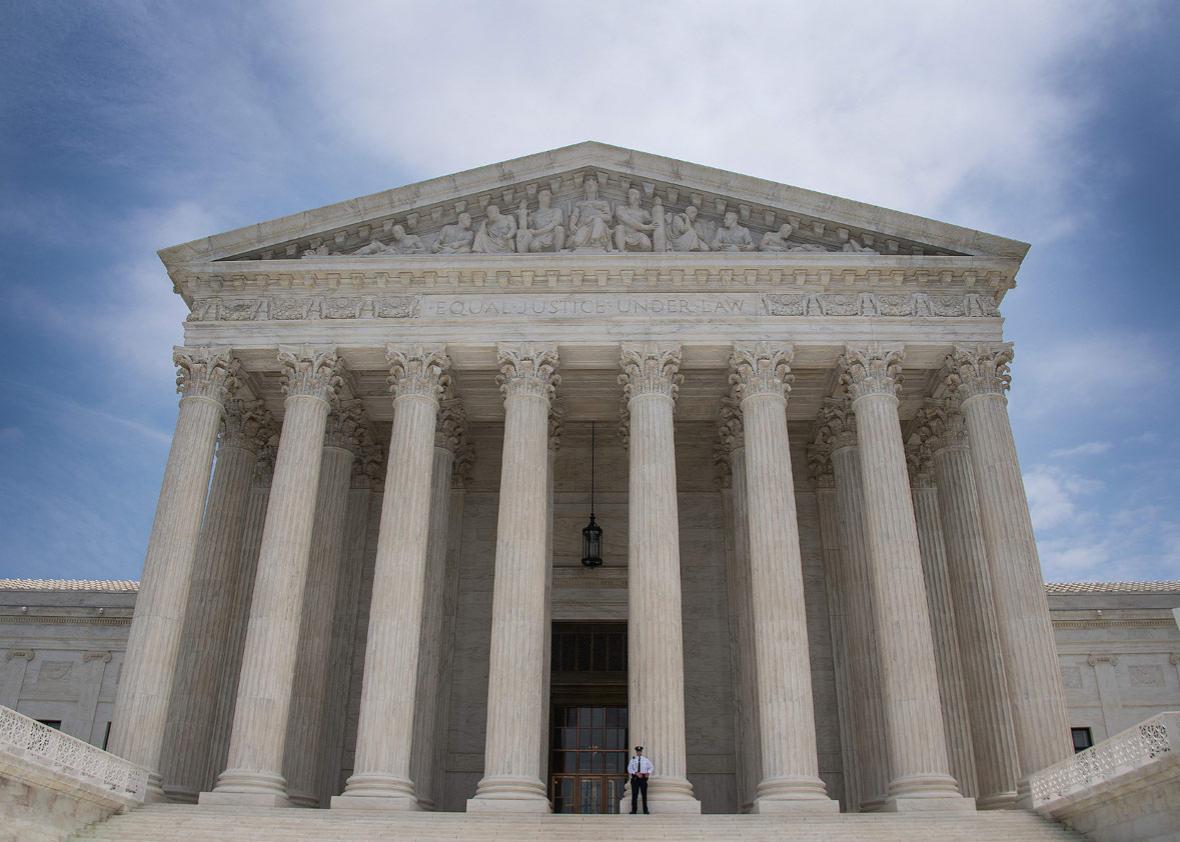Hi everyone. I’m delighted to be part of the Breakfast Table after years of being an avid reader.
The two types of cases that are most familiar to court watchers are the blockbusters we see most Junes—same sex marriage, abortion, affirmative action, health care—and the cases resolving conflicts among the lower courts (some of them also blockbusters, to be sure, but many of them just set rules of the road). This term, though, has a higher than average number of cases on what my colleague at the Stanford Supreme Court Litigation Clinic calls “the outrage docket”: ones the court didn’t have to take but that might, to borrow a phrase from Justice Felix Frankfurter, “sear the consciences” of the justices.
Here are a handful: Buck v. Davis, where the defendant’s own lawyer in a capital case introduced testimony that black individuals were more likely to be dangerous in the future than white ones; the court held that Buck was denied effective assistance of counsel. Moore v. Texas, where the Supreme Court rejected Texas’ test for determining when an individual has cognitive impairments too severe to permit him to be executed; the Texas Court of Criminal Appeals’ test was based, if you can believe it, on Lennie from Of Mice and Men. Packingham v. North Carolina (full disclosure: I am one of the lawyers who represented Mr. Packingham), where North Carolina bars individuals on the state’s sex offender registry from a huge swath of the internet, including Twitter, the New York Times, Amazon, and Facebook, the latter of which our client used to praise God after the dismissal of a traffic citation; the Supreme Court agreed unanimously that North Carolina’s law violated the First Amendment.
There’s also Nelson v. Colorado, where the court struck down a statute that made it exceedingly difficult for defendants to recover fines and penalties imposed by a court after they have been acquitted or exonerated. And Maslenjak v. United States, argued the last day of the term and not yet handed down, which asks whether the government can strip a naturalized citizen of her citizenship for making an immaterial false statement during the naturalization process. This case produced one of the most memorable moments at oral argument, where Chief Justice John Roberts forced the assistant to the solicitor general to admit that under the government’s view, someone could be denaturalized if he didn’t admit to driving 61 miles per hour in a 55 zone, even if he was never caught and the statute of limitations for such an infraction has run out. As an advocate, you never want to have to answer a question that way.
So even though there haven’t yet been any blockbusters, this has still been an interesting year.
